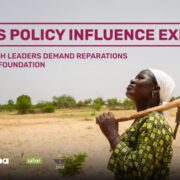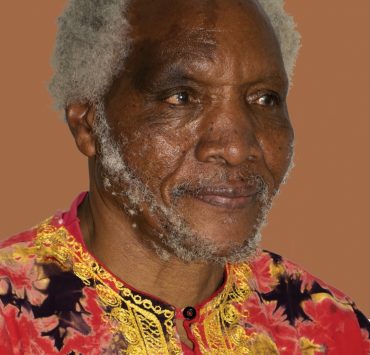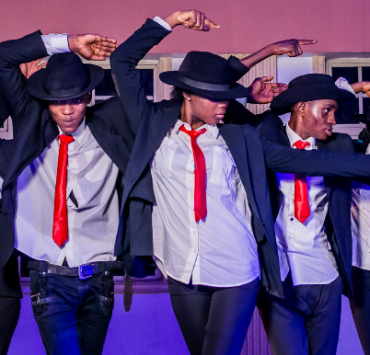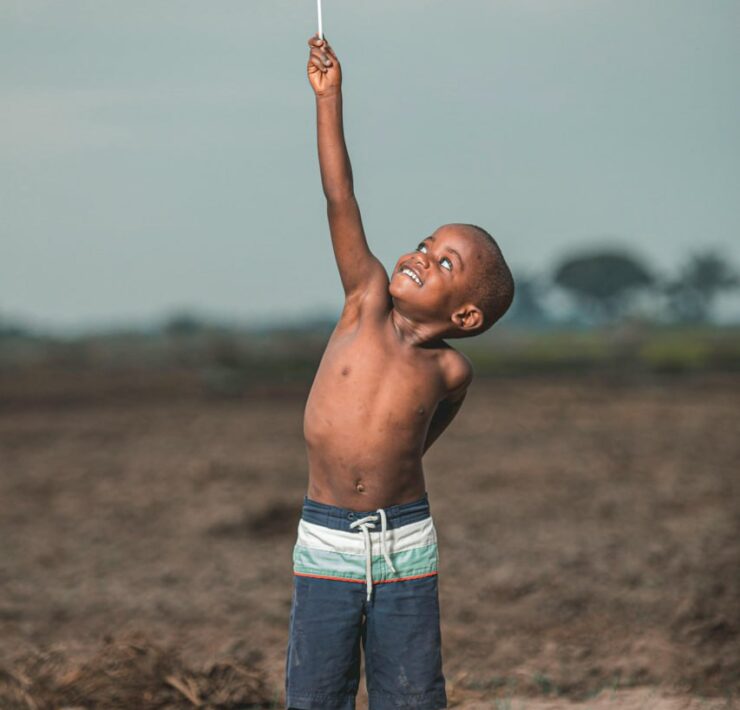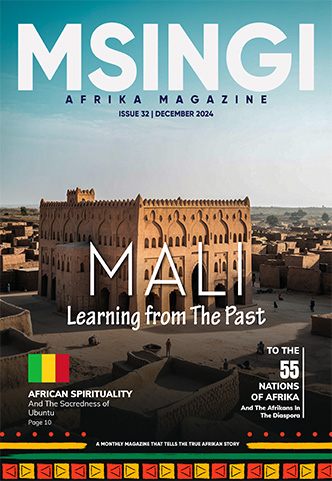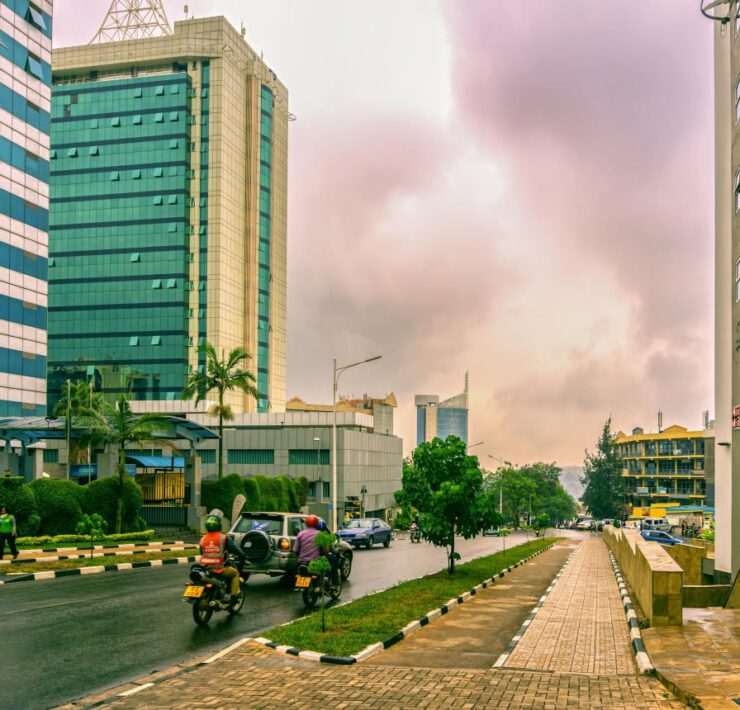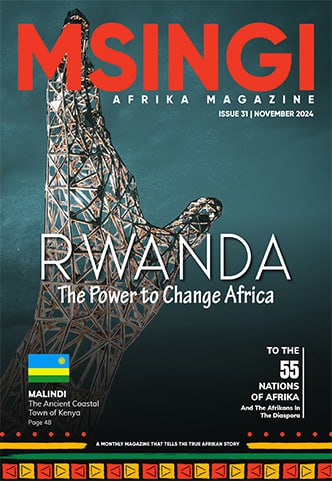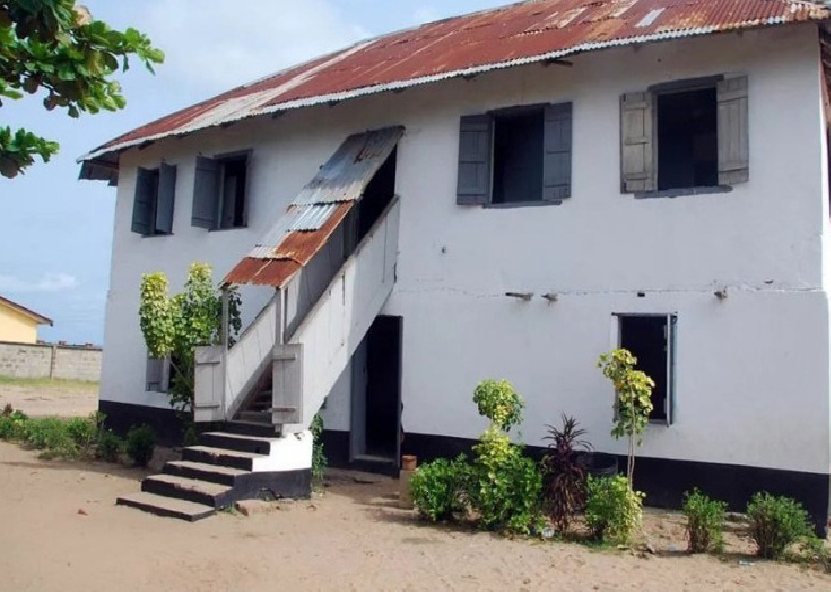
Chioma Phillips is the Editor of Msingi Afrika Magazine and…
Read Next
FIRST STOREY BUILDING – BADAGRY
This monument that marks the beginning of Christianity in Nigeria reminds one of the manger where Jesus was born in Bethlehem.It’s a wonder how simplicity and sincerity always precedes every mighty move of God on earth. We only just have to see it for what it is.

From the outside of this 177 year old building, it’s difficult to imagine the powerful history that it carries. After all, it’s just a simple two storey building, isn’t it? Basic and simple in its construction. But, as always with God, the external can never be the accurate judge of character. This is First Storey Building (or White House) in Badagry, a town located between Lagos and the Benin border at Seme. It is said to be the first building with more than one storey in Nigeria, although some have made claims to the contrary.
The building has a fascinating history. In 1842, in Freetown, Sierra Leone, there were Africans from the Yoruba community who had been rescued from slavery. These desired to return to their country and made a request to the Anglican Church Mission Society (CMS) that some missionaries accompany them to Yoruba country. This opened the way for a preliminary visit to Badagry and its surroundings, with
a view to setting up a permanent mission in Abeokuta and ultimately led to the construction of this building. It is said that its foundation was laid in 1842 – by a missionary from CMS known as Henry Townsend – possibly during a period of waiting for access to Abeokuta to be granted. The building was completed three years later in 1845, offering shelter to the missionaries of the CMS who hoped to spread the gospel deeper within Yoruba territory.
The building served as home to the first African Bishop in the Anglican church, Samuel Ajayi Crowther. He and his family had been taken as slaves at the age of 12 and sold to Portuguese slave traders, but, before their ship left the port, the British Royal Navy boarded it and freed them. They were then taken to Freetown, where they were resettled. There the young Samuel was taught to speak English, was educated, converted baptized and sent to London for further instruction. He took the name Samuel Crowther after a vicar who was a pioneer of the CMS.
Samuel Ajayi Crowther published a Yoruba grammar book, a Yoruba version of the Anglican Book of Common Prayer and compiled A Vocabulary of the Yoruba Language. He also worked on Igbo and Nupe language projects. Probably his most memorable work was the supervision of the translation of the Yoruba Bible (Bibeli Mimọ). The translation work was completed in the mid-1880s, shortly before his death a few years later. In this historic building, a copy of the Yoruba Bible can be found alongside the first English Bible.
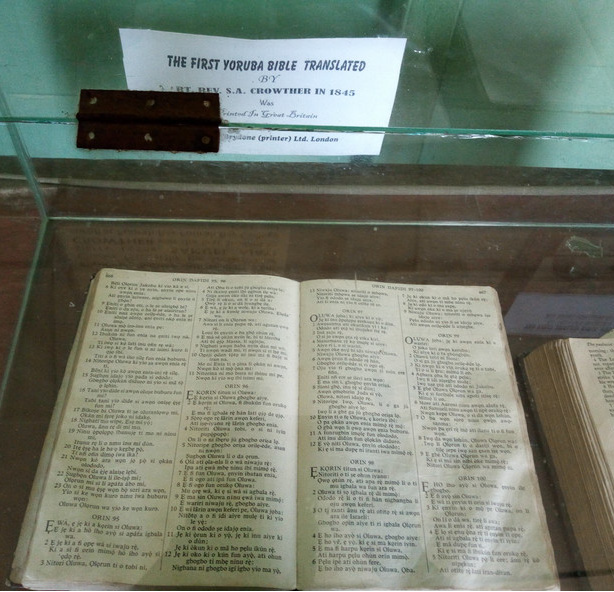
First Storey Building was also the vicarage of the St. Thomas Anglican Church and home to a Mr. Claudius Phillips, the first western teacher in Nigeria. The building features six large rooms, four stores, two large sitting rooms and a safe for storing valuables. The toilets and bathrooms were built outside the main structure. The other facilities that stood on the same grounds as the first storey building, such as first Anglican church, school, boarding house and kitchen have all since collapsed.
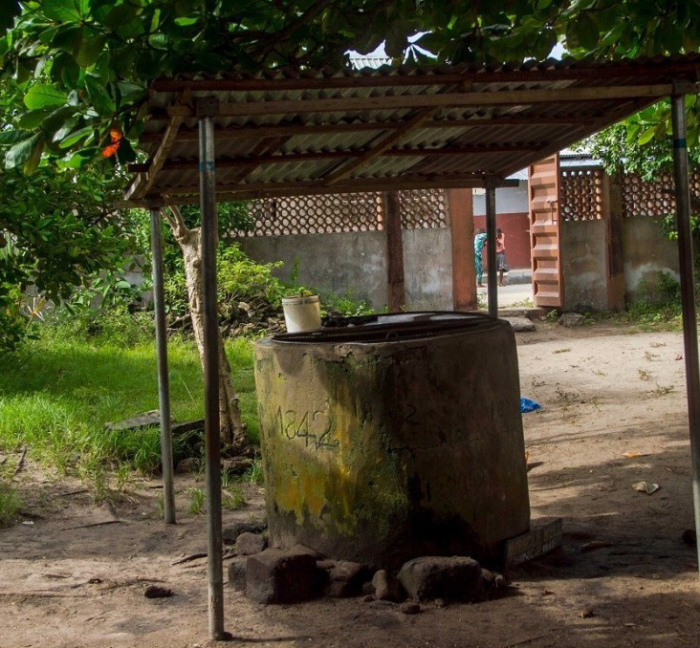
In the same compound can be found a fresh water well known as Miracle Well. The locals say that the water in this well is known for producing miraculous healings in those who drink its water. Dug around 1842, about the same time as the foundation for the First Storey Building. Despite its great age, has not run dry and still serves the local community. There are accounts that state that First Storey Building was also a sanctuary for slaves who had been freed, many of whom breathed their last there and that its halls are haunted with their ghosts. All I know is, this place was founded in an area where many Africans were taken forcibly away from their homes, sold off by other Africans for mere trinkets. That it was founded by those who were standing against this tyranny and working to put a stop to it. That it provided shelter for victims of this trade and it also provided shelter for those who were determined to ensure that all would hear and believe the Good News of the Gospel of Jesus Christ.
Subscribe now for updates from Msingi Afrika Magazine!
Receive notifications about new issues, products and offers.
What's Your Reaction?
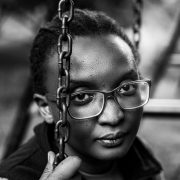 PIN IT
PIN ITChioma Phillips is the Editor of Msingi Afrika Magazine and the host of Msingi Afrika Television. Her hope is to see the Truth shared, with all who will listen, for the transformation of the people and the continent of Afrika - and the world. She believes passionately in the critical role that Afrika and Afrikans have to play on earth right now and hopes to ignite the spark that will cause them to see and believe who they are, so that they can live out their Truest lives for the remainder of their days.









